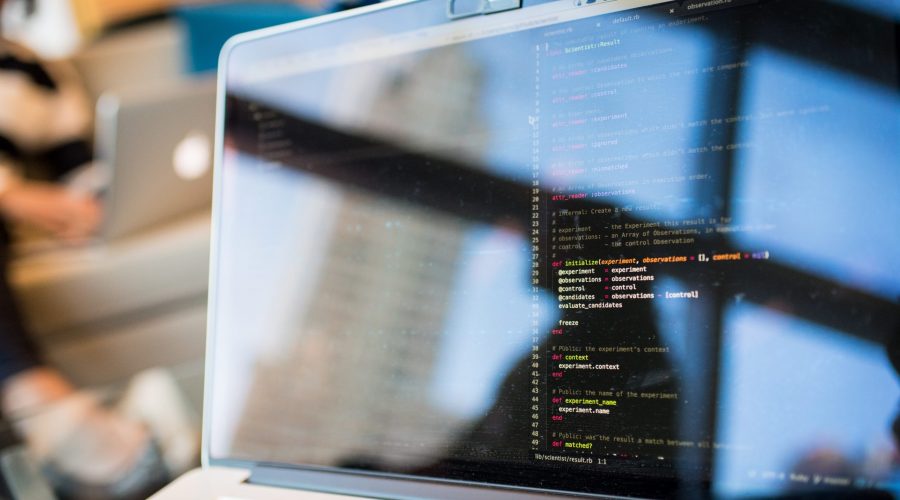Today, the U.S. Department of Commerce’s Bureau of Industry and Security (BIS) released two rules: one that updates export controls on advanced computing semiconductors, and another that places additional entities in the People’s Republic of China (PRC) and Singapore on the Entity List.
“These rules will further target and strengthen our controls to help ensure that the PRC and others who seek to circumvent our laws and undermine U.S. national security fail in their efforts,” said Secretary of Commerce Gina M. Raimondo. “We will continue to safeguard our national security by restricting access to advanced semiconductors, aggressively enforcing our rules, and proactively addressing new and emerging threats.”
“The Biden-Harris administration is committed to preventing the misuse of advanced U.S. technology and curbing the national security concerns raised by the PRC’s military-civil fusion,” said Under Secretary of Commerce for Industry and Security Alan F. Estevez. “By enhancing due diligence requirements, we are holding foundries accountable for verifying that their chips are not being diverted to restricted entities.”
“Preventing unauthorized parties from gaining access to our most advanced semiconductor technology is a BIS enforcement priority,” said Acting Assistant Secretary for Export Enforcement Kevin J. Kurland. “We will continue to use all of the authorities at our disposal, including investigations and Entity Listings, to counter PRC circumvention of our controls and hold violators accountable.”
Today’s rules reinforce and build on the October 7, 2022, October 17, 2023, and December 2, 2024, controls to restrict the PRC’s ability to obtain certain high-end chips critical for military advantage. These updates are necessary to maintain the effectiveness of these controls, close loopholes, and ensure they remain durable.
Among other changes, the rules:
- Impose a broader license requirement for foundries and packaging companies seeking to export certain advanced chips, unless one of three conditions is met:
- The export is to a trusted “Approved” or “Authorized” integrated circuit (IC) designer, who attests that the chips fall below the relevant performance threshold;
- The chip is packaged by a front-end fabricator in a location outside of Macau or a destination in Country Group D:5 and the fabricator verifies the transistor count of the final chip; or
- The chip is packaged by an “Approved” outsourced semiconductor assembly and test services (OSAT) company that verifies the transistor count of the final chip.
- Create a process for new companies to be added to the list of Approved IC designers and OSATs.
- Improve reporting for transactions involving newer customers who may pose a heightened risk of diversion.
- Update other parts of the Export Administration Regulations (EAR), including the recent AI Diffusion rule, to ensure that license exceptions are only available for transactions involving approved or authorized IC designers.
- Make technical corrections to the December 2 export controls, including to update the definition of “advanced-node integrated circuit” in § 772.1 for Dynamic Random-Access Memory (DRAM) chips.
- Add 16 entities to the Entity List, including AI companies like Sophgo Technologies Ltd., that are acting at the behest of Beijing to further the PRC’s goals of indigenous advanced chip production, which poses a risk to U.S. and allied national security.
These controls were crafted to mitigate the PRC’s efforts to obtain high-end advanced computing semiconductors necessary to enable the development and production of technologies such as AI used in military applications. Advanced AI capabilities – facilitated by supercomputing, built on advanced semiconductors – present U.S. national security concerns because they can be used to improve the speed and accuracy of military decision making, planning, and logistics. These capabilities may also be used for cognitive electronic warfare, radar, signals intelligence, jamming, and to support facial recognition surveillance systems for human rights violations and abuses.
Exporters are encouraged to carefully review the full text of the rule, which makes changes to existing provisions of the EAR.
This Blog is made available by Wilmarth & Associates for educational purposes as well as to give you general information and a general understanding of export law and compliance, not to provide specific legal advice. This blog is not legal advice and should not be treated as such. You must not rely on this blog as an alternative to legal advice from your attorney or other professional legal services provider. The information provided on this website is presented “as is” without any representations or warranties, express or implied.





